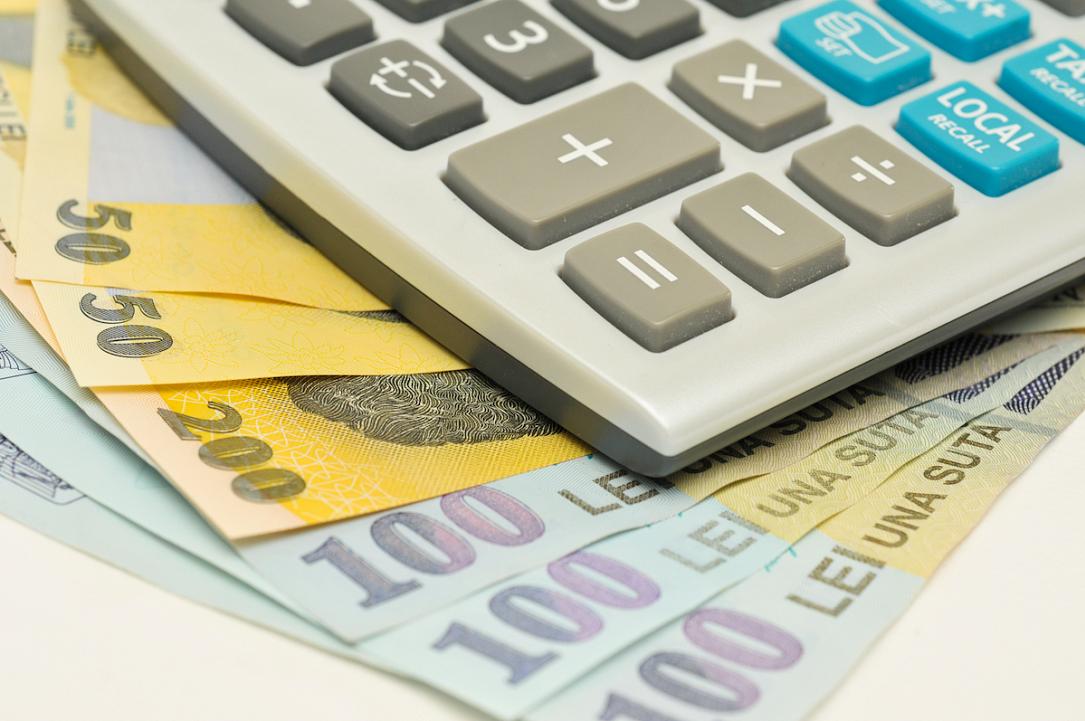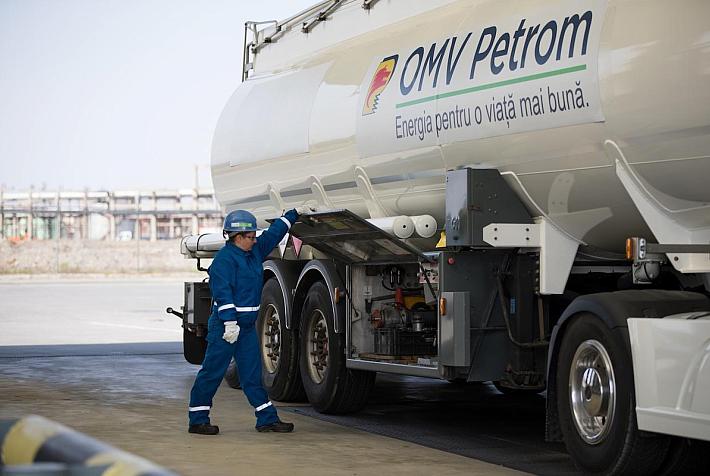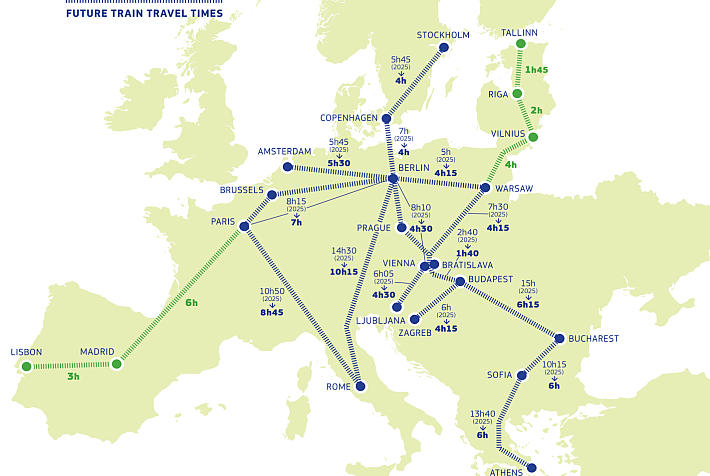Romania plans to cut non-interest current expenditures by 4.1% of GDP in seven years

The government of Romania plans to cut the non-interest current expenditures to GDP ratio by 4.1 percentage points (pp) from 30.9% in 2024 to 26.8% in 2031, over the seven-year fiscal consolidation calendar submitted to the European Commission under the Excessive Deficit Procedure (EDP) published by Cursdeguvernare.ro.
This is a sizable slash envisaged for the public budget with an expected negative impact on the quality and availability of public services.
The social security (public pension system) and the payroll are likely to account for only 19% of GDP in 2031 from 21.8% in 2024. In contrast, the public debt service will increase to 3.5% of GDP from 2.0% in 2024.
The government pledges to cut the public deficit from 7.9% of GDP this year to 2.5% in 2031, implying a 5.4pp improvement (fiscal consolidation).
The current revenues will contribute only 1.5pp to the fiscal consolidation, rising from 29.6% in 2024 to 31.1% in 2031. The income tax revenues will make the strongest contribution, increasing from 2.8% of GDP to 4.0% of GDP (+1.2pp) – sharply, as of 2025.
The VAT collection (+0.7pp to 7.5% of GDP in 2031) will also contribute in two steps: 2026 and 2028. It is unclear whether this would come from better collection or following tax rate hikes/elimination of preferential VAT regimes.
In any case, the profit tax collection is planned to increase marginally, by 0.2pp to 2.2% of GDP, and this is probably expected to come from increased corporate profitability.
The transfers from the European Union’s budget are expected to decrease from 4.4% of GDP in 2024, when the inflows include Resilience Facility money, to 2.2% of GDP in 2031. Fewer money under the Cohesion Policy is expected as the country’s economy is converging to the EU average – but the Romanian government projects stronger expenditures under Cohesion Policy schemes (2.4% of GDP in 2031, +0.4pp compared to 2024).
On the public investment side, the phasing off of the Resilience Scheme will drag down the overall figure. However, the investments from the national budget will also decrease from 5.4% of GDP this year to 3.2% of GDP in 2031.
iulian@romania-insider.com
(Photo source: Alexandru Marinescu/Dreamstime.com)












